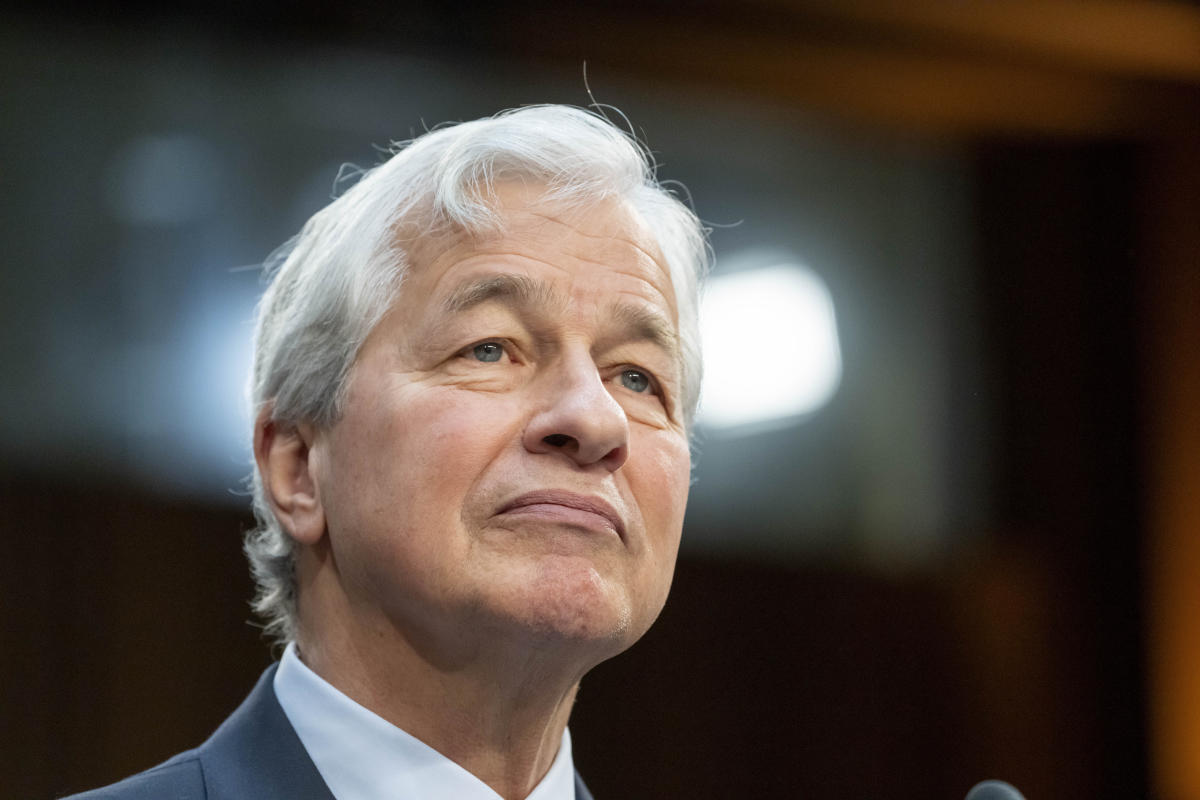- Fri. Apr 26th, 2024
Latest Post
From Humble Beginnings: Omaha Public Schools’ Bluestem Middle School Robotics Team Makes VEX World Championships Debut
Omaha Public Schools’ Bluestem Middle School is sending a team to the VEX Robotics World Championships for the first time in about a decade. Coach Sheri Cohen Vollmer has been…
The BIOSECURE Bill: A Controversial Proposal to Isolate US Pharmaceutical Companies from Chinese Economic Interactions and its Implications for the Healthcare Sector
The growing trend to isolate the US from Chinese economic interactions has led to a proposal to prevent US drug companies from outsourcing tasks to Chinese firms. This could have…
JPMorgan CEO Jamie Dimon Warns of Potential Stagflation as Federal Reserve Takes Action on High Consumer Prices
JPMorgan CEO Jamie Dimon recently cautioned about the U.S. economy, expressing concern that stagflation could be a potential outcome as the Federal Reserve works to control high consumer prices. In…
Celebrate Women’s Empowerment at Fort Worth’s Women’s Market – Sip & Shop on April 28th!
On Sunday, April 28th, Fort Worth will be hosting a free event to celebrate women-owned businesses. The Women’s Market – Sip & Shop is being organized by Women Who Collab,…
Align Technology Repurchases $150 Million of Its Own Common Stock: Boosting Shareholder Value Through Ongoing Stock Buyback Program
Align Technology (Nasdaq:ALGN) has announced its plans to repurchase $150 million of its own common stock as part of its $1 billion stock repurchase program approved in January 2023. This…
Brazilian Soccer Legend Marta Announces Retirement from International Soccer: Leaving a Legacy and Pursuing New Opportunities
Brazilian soccer legend Marta, currently playing for Orlando Pride, has announced her retirement from international soccer this year. At 38 years old, she holds the record for Brazil’s all-time leading…
ByteDance Stands Firm Against TikTok Ban: Will US Users Say Goodbye to Their Favorite App?
TikTok, the popular video-sharing app, is facing a potential ban in the U.S. due to national security concerns about the Chinese government’s ability to access U.S. user data through the…
Eagles A.J. Brown Extends His Contract by Three Years, Secures $80 Million with New-Money Average of $32 Million per Year
Receiver A.J. Brown has signed a three-year contract extension with the Eagles, which guarantees him $80 million and makes him the highest-paid receiver in terms of new-money average, earning $32…
IST America & IST INTECH Set to Revolutionize UV Curing Technology at RadTech Conference in Orlando
IST America (ISTA) is set to take part in the upcoming RadTech UV&EB Technology & Conference in Orlando, FL from May 20-22. During the event, they will showcase their UV,…
Addressing Mental Health Crisis among Armenian Refugees: WHO’s Commitment and Efforts to Provide Immediate Support
The World Health Organization (WHO) is dedicated to scaling up Mental Health and Psychosocial Support (MHPSS) services for Armenian refugee and host populations. The organization has identified this as a…




